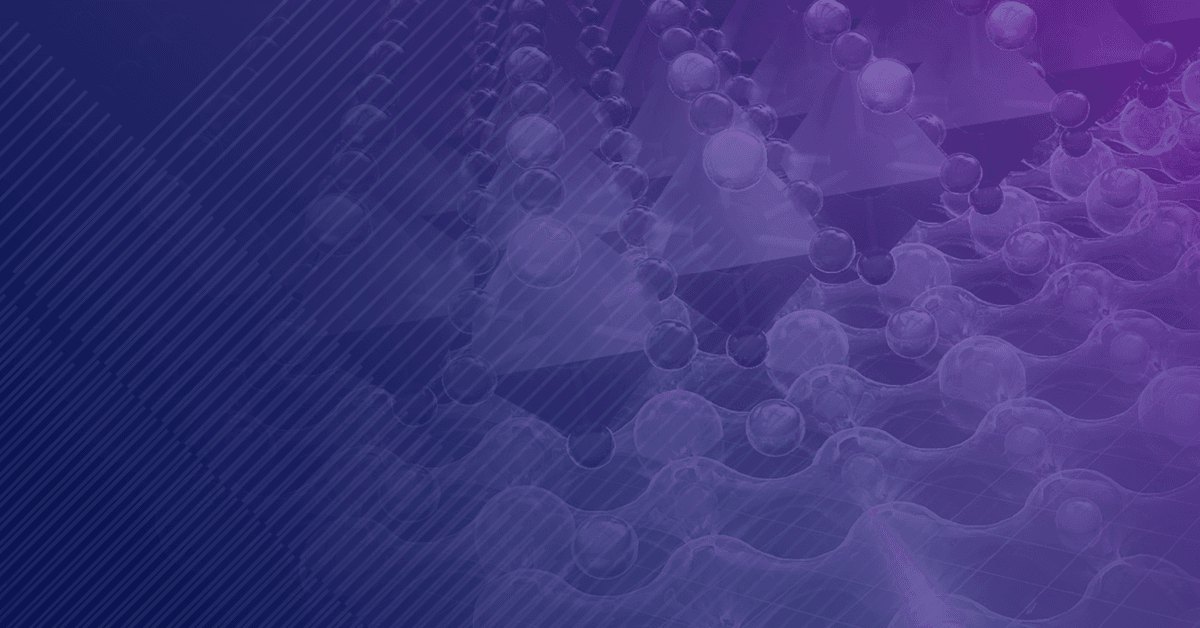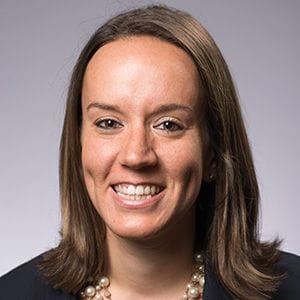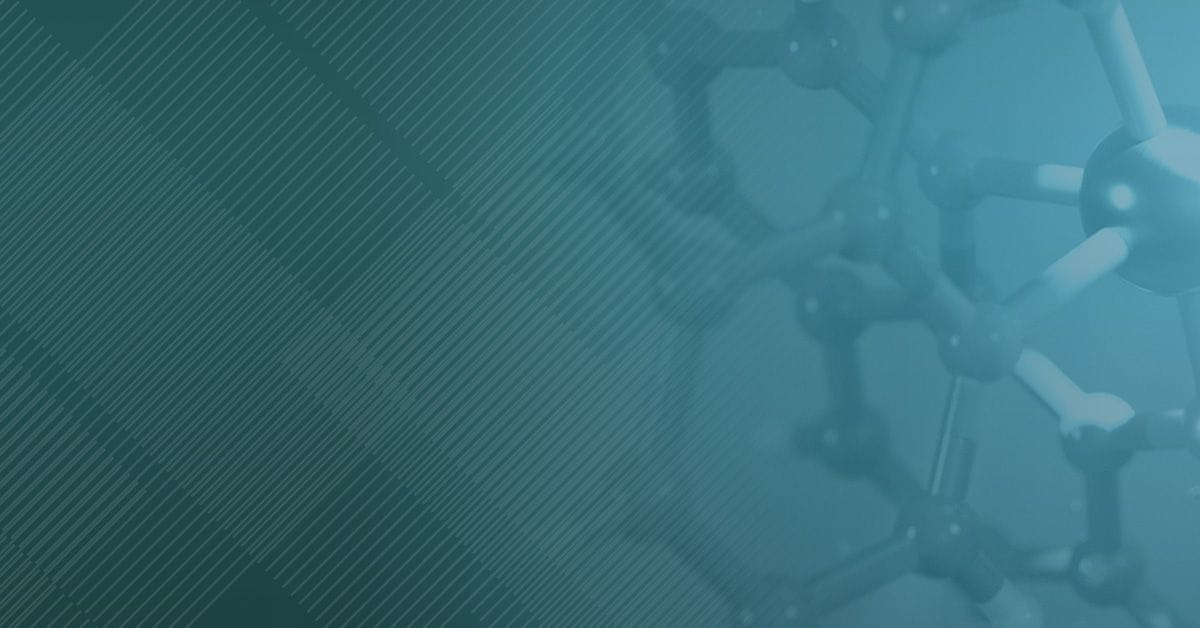Learn more about Prof. Matson as she discusses her career, the exciting research currently happening in her lab group, and what this award means to her.

Inorganic Chemistry, in partnership with the ACS Division of Inorganic Chemistry, is proud to announce the winner of the 2025 Inorganic Chemistry Lectureship:
Prof. Ellen Matson, University of Rochester, United States
This award recognizes an individual who has demonstrated creativity and impact in leading research in inorganic chemistry, broadly defined. Prof. Matson is recognized for her work in synthetic inorganic chemistry, with a particular focus on addressing global challenges in energy storage and fuel production, through her research on catalyst design for chemical fuel production, the development of electrolytes for redox-flow batteries, and actinide-functionalized metal oxide clusters.
Prof. Matson will be honored during an ACS Division of Inorganic Chemistry symposium at the ACS Fall National Meeting in Washington, DC, August 17-21. Learn more about Prof. Matson and her research below.

Prof. Matson graduated from Boston University in 2009 with a B.A. in Chemistry and a B.S. in Science Education. She obtained her Ph.D. in inorganic chemistry from Purdue University in 2013, under the supervision of Prof. Suzanne Bart studying the synthesis and reactivity of low valent uranium alkyl complexes. She subsequently joined the research laboratory of Prof. Alison Fout at the University of Illinois at Urbana Champaign as a postdoctoral researcher, where she investigated first-row transition metal complexes for oxyanion reduction. In 2015, she started her independent career at the University of Rochester, where she is now is the Marshall D. Gates Jr. Professor of Chemistry.
Read the Interview with Prof. Matson
What does this award mean to you?
This award represents years of hard work and creativity by a fantastic research team. I have been so lucky in my independent career to partner with deeply talented individuals who share my passion for advancing our understanding of interfacial reactivity. Recognitions like this really reflect on their talent, and I am so grateful to the past and present members of the Matson Laboratory!
How would you describe your research to someone outside your field of research?
My research group is interested in understanding mechanisms of small molecule activation at the surface of materials. We investigate multimetallic “cluster” complexes as models of these materials, providing opportunities to gain atomistic understanding into the reactivity at the surface of materials. In the past few years, we’ve been particularly interested in understanding structure-function relationships that dictate the mechanism and selectivity of (de)hydrogenation chemistries.
What do you think is the biggest challenge currently in your area of research?
For my particular research group, the next step is reactivity and catalysis! We’ve done a lot of fundamental work in electron transfer and mechanism, and now it is time to see how these important considerations influence the selectivity of target transformations with relevance to energy storage and conversion technologies. Similarly, I’m excited about opportunities for collaboration, specifically targeting an understanding of how these modes of reactivity play out at variable length scales (from molecules to materials!).
What is next in your research?
My group is becoming more and more interested in metal chalcogenide clusters!! We started investigating these as redox-active metalloligands/supports for low valent actinides, as part of our research supported by the Department of Energy Heavy Element Chemistry Program. However, these platforms are super intriguing (and reactive!!), allowing us to merge our passion for synthesis and surfaces with a whole new class of materials. It’s an exciting time in the lab, for sure!!!
Have there been any highlights in your career to date that you are especially proud of?
This is a hard question! There have been lots of “highs” in my career to date!! I think I’m most proud of the diverse set of projects happening in my lab today—it really reflects the creativity and fearlessness of my graduate students. We’re working on hard problems and I’m grateful to have the opportunity to learn from them every day!
What would your advice be to someone just starting out in the field?
Don’t be afraid to jump into areas of research that you are unfamiliar with!! In my experience, some of the coolest results come when people start working on problems that are distinct from their training. It allows you to enter the field with a unique perspective, which often leads to the most exciting research!

